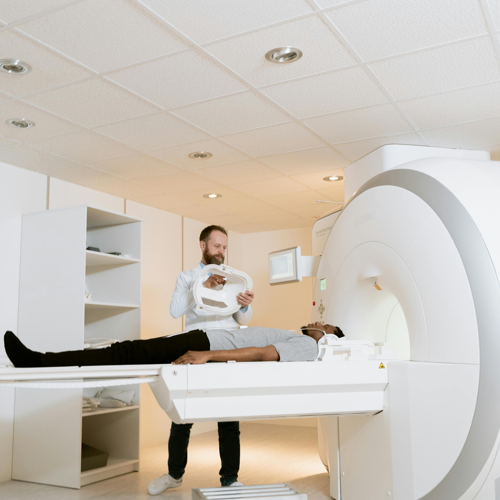Cancer Screening
Cancer Screening: Cancer screening refers to the detection of cancer through tests before any symptoms or complaints arise. Its main purpose is to reduce both the number of people who get cancer and those who die from it. Although the Ministry of Health conducts screenings for breast, cervical, and colon cancers, it’s worth noting that each type of cancer has its own unique screening method.
Breast cancer: Self-examination is extremely important. The goal is for women to become familiar with their own breasts and be able to notice changes themselves first. Starting at age 20, this should be done monthly. Begin with visual inspection to evaluate the skin, shape, and size of the breast. Women over 20 should perform manual exams both while standing and lying down. The exam involves using the inner surface of three fingers, applying light, medium, and stronger pressure. Be sure to check the lymph nodes under the arms. Clinical exams by a doctor should begin at age 35, with annual exams recommended. Women aged 40-69 should have a mammogram every two years. (Image from Instagram can be added here)
Cervical cancer: Almost all cases of cervical cancer are caused by the Human Papilloma Virus (HPV). The most suitable screening test is the pap-smear, which collects and examines shed cervical cells along with testing for the presence of HPV. If HPV is negative, the chance of developing cervical cancer in the next five years is extremely low, so it should be repeated every five years starting from the onset of sexual activity.
Colon cancer: This screening is used to detect blood in the stool that is not visible to the naked eye and is repeated every two years. A positive result doesn’t necessarily mean cancer, and a negative result doesn’t guarantee there’s no issue. Even if the fecal occult blood test is negative, a colonoscopy is recommended every 10 years after the age of 50. If there is a family history of colon cancer, screening should begin earlier.
Prostate cancer: Prostate-Specific Antigen (PSA) is an enzyme secreted by the prostate that helps liquefy semen. Elevated PSA levels in the blood are important for diagnosing prostate cancer, but they are not exclusive to it; benign prostate tumors or inflammation can also increase PSA levels. Prostate cancer can remain asymptomatic for years. In low-risk patients, observation may be an option instead of treatment. Therefore, in recent years, studies on the use of PSA as a screening test have shown conflicting results. There is debate on whether patients with elevated PSA levels are being directed to unnecessary treatments. Nevertheless, PSA screening is recommended annually after the age of 50, or earlier if there is a family history of prostate cancer.
Lung cancer: Annual chest X-rays during check-ups are important for smokers. Additionally, a low-dose lung CT scan is recommended for individuals who have smoked a pack of cigarettes per day for 30 years, or two packs per year for 15 years, as well as for those aged 55-75 who have quit smoking.



